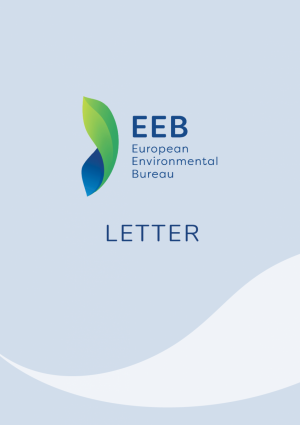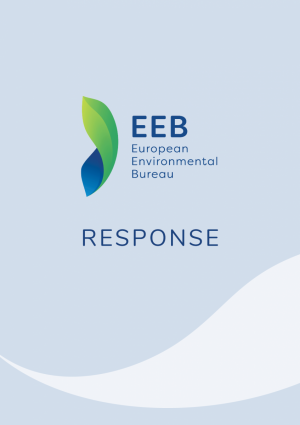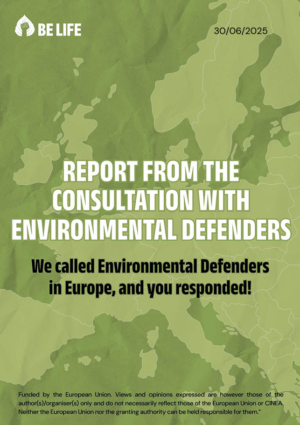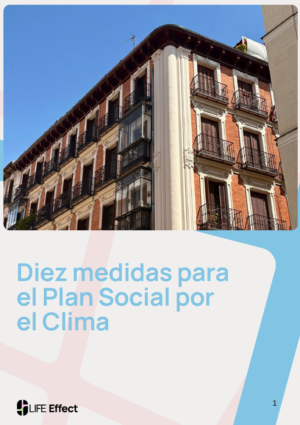
Restricting microplastics: EEB comments to a draft opinion by Committee of Socio-economic Analysis (SEAC)
The EEB supports the restriction on intentionally added microplastics and agrees with SEAC draft opinion that it is the most appropriate Union wide measure to address their risks whilst remaining a proportionate measure. As “all emitted microplastics pose a risk to the environment” we ask SEAC to consider the elements below in its advice in order to ensure the effectiveness of the restriction.
Below we provide recent scientific evidence showing that the restriction report may underestimate the impacts of microplastics on the environment and health, that an immediate ban on the use of microplastics is needed and that transition periods must be approached with consideration for urgency. We provide comments on the impact on the effectiveness of the restriction of the long delays proposed by the DS for the restriction to enter into force. We also comment on how the exemptions proposed for biodegradable and for soluble particles hinders the effectiveness of the restriction. Given the high uncertainties related to the tests to prove biodegradability of microplastics as recognised by RAC, this exemption may enable regrettable substitution towards polymers and plastics that, in fact, will not degrade in real life environmental conditions. We also comment on the DS’s proposal to change the definition of microplastics by excluding nano-sized particles below 100 nm, an exemption which deeply compromises the effectiveness of the restriction and pushes innovation in the wrong direction.
Response continues…





